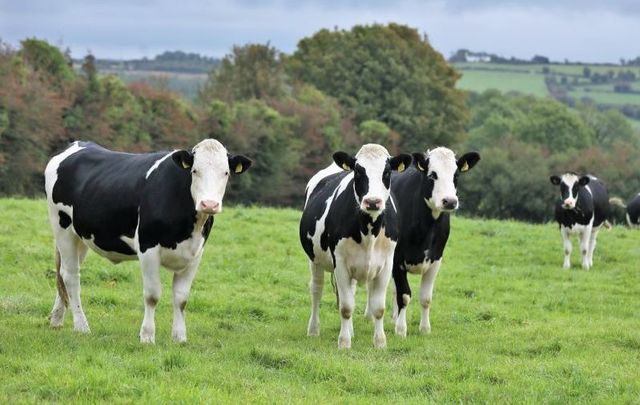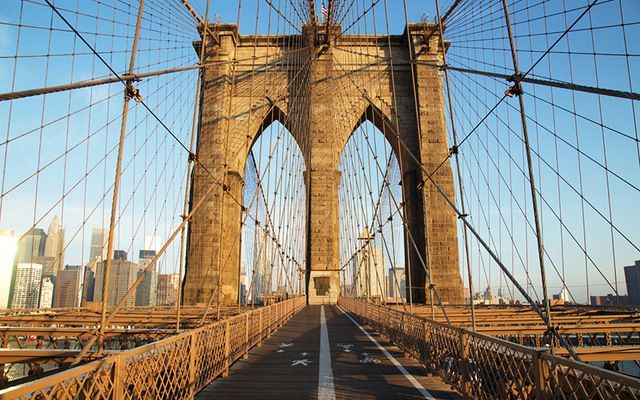The biggest challenge facing Ireland in the coming years will not be the Covid aftermath or the housing crisis or Brexit but an issue that gets little day-to-day attention. Can you guess what it is?
If you said the environment, move to the top of the class. It is true that most of us here are already trying to be responsible and do our bit, putting stuff in the right bins, recycling our glass and plastic as well as all those cardboard boxes our online shopping comes in these days.
But this goes far beyond that. We have enormous changes to make here in the next few years if we are to meet the commitments we have made on greenhouse gas emissions and climate change.
A few years ago Ireland passed into law a comprehensive Climate Action and Carbon Reduction Bill, and it is being reviewed every year to ensure its implementation by all government departments. It is detailed and complicated.
But its core objective is clear: we are to reduce our greenhouse gas emissions (GGE) by 30 percent by 2030 and we are to be completely climate-neutral (net zero GGE) by 2050.
We have made pious promises in relation to the environment before, prompted more recently by the Paris Agreement. The difference now is that these targets are enshrined in law. They will require fundamental change in many areas of Irish life -- how we produce power, heat our homes, travel, work, even what kind of foods we consume.
Getting our emissions down by 30 percent by 2030 is a tall order since it's just eight and a half years away. The Covid lockdowns helped us to make reductions last year but over the past few years we have struggled to make much progress. It's not going to be easy, and when the going gets tough our commitment will be severely tested.
All countries face this challenge, of course, but here in Ireland, we have a particular problem because of the size and importance of agriculture, a sector that produces large amounts of emissions. We had an example of how testing this will be just over a week ago when a major dispute blew up over a proposed new cheese plant in Co. Kilkenny.
This massive plant, which will process over 100 million gallons of milk a year, is a joint venture by Glanbia, one of the big farmer co-op companies here, and a Dutch partner, Royal A-Ware. It will make continental-style cheeses like gouda, edam and emmental to be sold into Europe. This fits with our post-Brexit policy of widening our markets so we are not so dependent on the U.K. where we sell huge quantities of cheddar.
The new plant is badly needed by dairy farmers here who, with government encouragement, massively increased output after the ending of EU milk quotas in 2015. They need new markets and this seems to be a perfect plan. But not everyone sees it like that.
An Taisce, a largely voluntary organization here that works to protect our national heritage, is against the venture. When the plant was given planning permission in Kilkenny in 2019, An Taisce appealed the decision to the national Planning Board, where it was again given the go-ahead.
An Taisce then appealed that decision to the High Court where it lost its case last week. It's not giving up, however, and now intends to go to the Court of Appeal.
All this has seriously delayed the plan which was first announced by the partners two and a half years ago. That delay has angered many people here, not just in the farming community.
There is concern that the proposed venture might collapse altogether if this goes on. It is reminiscent of the Apple plan for an €850 million data center in Athenry in Co. Galway a few years ago which was held up mainly by outside objections for over three years. By the time it eventually got the planning all clear, Apple had given up on it, to the dismay of most of the locals in Athenry.
Last week, Taoiseach Micheál Martin appealed to An Taisce (which gets a few million Euro in state funding each year) to end its objections to the proposed Kilkenny plant. The organization has a notable record over many decades in fighting to protect our built heritage, like the Georgian squares in Dublin.
In more recent years, it has become more active on the environment. But this current campaign takes this to a new level.
An Taisce's opposition to the Kilkenny plant is based on the impact it claims the plant will have on national emissions and local water quality. Cows produce vast amounts of greenhouse gas and dealing with their slurry has caused pollution problems in rivers and lakes. At a time when we need to be reducing the number of cows, this plant will do the opposite.
That is the An Taisce argument and it is a valid point of view. But it is deeply unpopular among many people here because it is forcing us to face up to a reality that we would much prefer to kick way down the road.
We're very good at making promises about reducing our emissions in the future. We're not so good at taking action right now, especially when the action required may mean fundamental change in what we do. Reducing the national dairy herd is a perfect example of this.
Whether using the planning system to fight this is the right way for An Taisce to be proceeding is another matter. In finding against the group in the High Court last week, the judge said that their real grievance was with government action on climate change and the environment and not with the planning code.
But the central issue here is not going to go away. Whatever happens with the proposed Kilkenny cheese plant, this is just the beginning of an era of major change as we struggle to live up to our climate change commitments.
An Taisce may well be in the forefront of this battle. It has already forced change by taking Bord na Mona (the Turf Board) to court a few years ago for continuing to harvest turf (peat). This caused the closure of two peat-fired power stations and the ending of commercial turf cutting.
Even turf cutting by individual farmers for their own home heating is under threat. Given the iconic position of turf and the bogs in rural Irish life, this was an extraordinary victory.
The amount of change that will be required here in the coming years will be enormous. Electric cars, wind power, ground heat pumps, passive homes, etc. all make the headlines. But we hear less about areas where even more difficult change will be required -- and farming is a prime example.
Coincidentally last week, the Organisation of Economic Co-Operation and Development (OECD) released a damning report about Ireland's progress on environmental issues. It pointed out that our failure to introduce water charges (the only country in the OECD not to have them) means that we don't have the funding to upgrade our ancient water system.
So 50 percent of sewage plants around the country are below an acceptable standard, and the sewage from two percent of the population is still being released untreated into our rivers, lakes, and the sea.
We don't have water charges, you will remember, because of the shameless populist campaign run by Sinn Féin and the left. The OECD says we need to revisit that now and have water charges like every other developed country on earth, both to control water use and finance water infrastructure.
But will we? Will An Taisce have the guts to take that on, rather than demonizing the agri-sector, as the farmers see it?
Our farmers claim that the dairy sector here is the most environmentally friendly on the planet since it is grass-based and natural. Producing the same milk elsewhere would be far more damaging to the global climate, they say.
That is true to a large extent. But it is also true that however milk is produced it means a lot of greenhouse gas as well. Our vast national herd will have to be reduced at some point if we are to meet our climate change targets.
*This column first appeared in the May 19 edition of the Irish Voice newspaper, sister publication to IrishCentral.




Comments